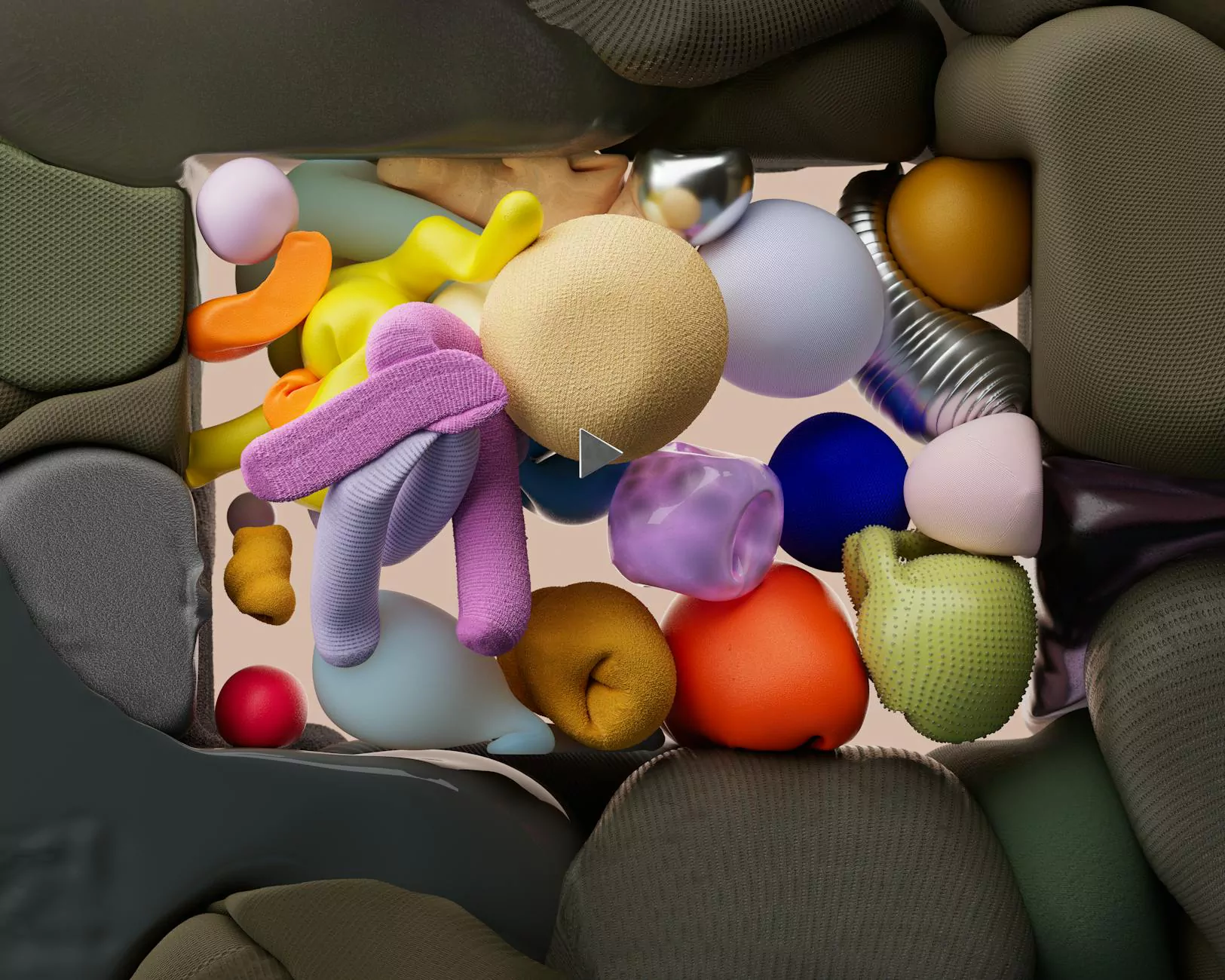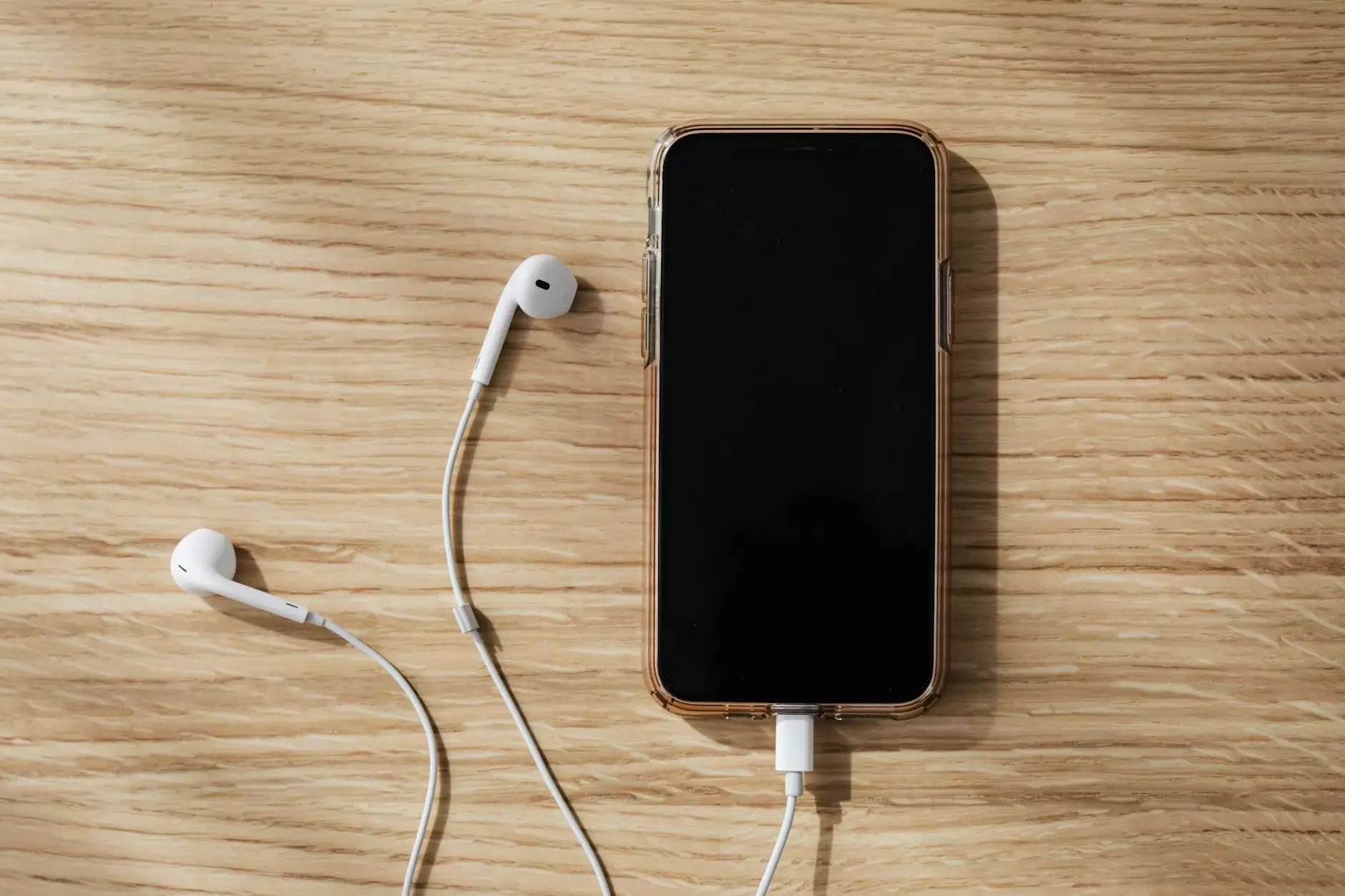IoT In Healthcare: Benefits, Challenges, And Applications
Technology
Introduction
Welcome to iBak Solutions, your trusted partner in website development for the Business and Consumer Services industry. In this blog post, we will explore the exciting world of IoT (Internet of Things) in the healthcare sector. With advancements in technology, IoT has revolutionized the way healthcare organizations operate, improve patient care, and enhance overall efficiency.
The Benefits of IoT in Healthcare
IoT technology offers a wide range of benefits that positively impact healthcare outcomes. One of the key advantages is the ability to collect and analyze vast amounts of data, enabling healthcare providers to make informed decisions and deliver personalized care to patients.
Enhanced Patient Monitoring
With IoT devices, real-time patient monitoring has become more accessible and accurate than ever before. Smart wearable devices, such as fitness trackers and remote monitoring systems, can continuously track vital signs, activity levels, and sleep patterns. This data helps healthcare professionals to detect abnormalities, monitor chronic conditions, and intervene in a timely manner, ultimately improving patient outcomes.
Improved Medication Management
IoT devices play a crucial role in medication management by facilitating medication adherence and reducing medication errors. Smart pill dispensers send reminders to patients when it's time to take their medication and can even dispense the correct dosage. This technology significantly improves patient medication compliance, especially for individuals with complex medication regimens.
Streamlined Operations
Internet of Things technology streamlines healthcare operations, leading to cost savings and improved efficiency. IoT-enabled inventory management systems can monitor and track medical supplies, ensuring optimal levels are maintained and preventing stock-outs. Furthermore, IoT devices automate routine tasks, freeing up healthcare staff to focus on higher-value activities, such as patient care and critical decision-making.
Challenges of IoT Implementation in Healthcare
While IoT offers significant benefits, it also presents unique challenges that need to be addressed for successful implementation in the healthcare industry.
Data Security and Privacy
Data security and privacy are critical considerations when deploying IoT systems in healthcare. The vast amount of sensitive patient data collected by connected devices must be securely transmitted, stored, and accessed by authorized personnel only. Robust encryption protocols and stringent access controls are vital to ensure the integrity and confidentiality of this information.
Interoperability
Interoperability is a challenge due to the multitude of IoT devices and platforms available in the market. Healthcare systems need to seamlessly integrate new IoT technologies with existing infrastructure to provide comprehensive and coordinated care. Interoperability standards and protocols, such as HL7 and FHIR, play a vital role in ensuring smooth data exchange between devices and systems.
Ethical Considerations
The collection and use of patient data through IoT devices raise ethical concerns. Healthcare organizations must prioritize patient autonomy, consent, and the responsible use of data. Implementing comprehensive data governance frameworks and adhering to ethical guidelines help maintain patient trust and ensure ethical IoT practices in healthcare.
Applications of IoT in Healthcare
IoT has found a multitude of applications across various healthcare domains, transforming the way healthcare services are delivered.
Remote Patient Monitoring
Remote patient monitoring is a significant application of IoT in healthcare. With wearable devices and remote monitoring systems, healthcare professionals can monitor patients' health remotely and intervene when necessary. This enables improved care for patients with chronic illnesses, reduces hospital readmissions, and increases access to healthcare in underserved areas.
Smart Hospitals
IoT technology enables the development of smart hospitals that enhance patient experience and optimize workflows. From automated temperature and lighting control to real-time location tracking for medical equipment and supplies, IoT devices create a connected ecosystem within healthcare facilities, ensuring efficient resource allocation and patient satisfaction.
Precision Medicine
IoT in healthcare paves the way for precision medicine, where treatment plans are tailored to an individual's genetic makeup, lifestyle, and environmental factors. The integration of IoT-enabled devices, genetic testing, and advanced analytics enables personalized diagnosis, therapy, and disease management, leading to better patient outcomes and reduced healthcare costs.
Conclusion
In conclusion, IoT has emerged as a game-changer in the healthcare sector, bringing numerous benefits, along with unique challenges. As a leading website development provider in the Business and Consumer Services industry, iBak Solutions is committed to staying at the forefront of technological advancements. Contact us to leverage IoT and other cutting-edge technologies for your healthcare organization's success.
Contact iBak Solutions for comprehensive website development services tailored to the unique needs of the Business and Consumer Services industry.










